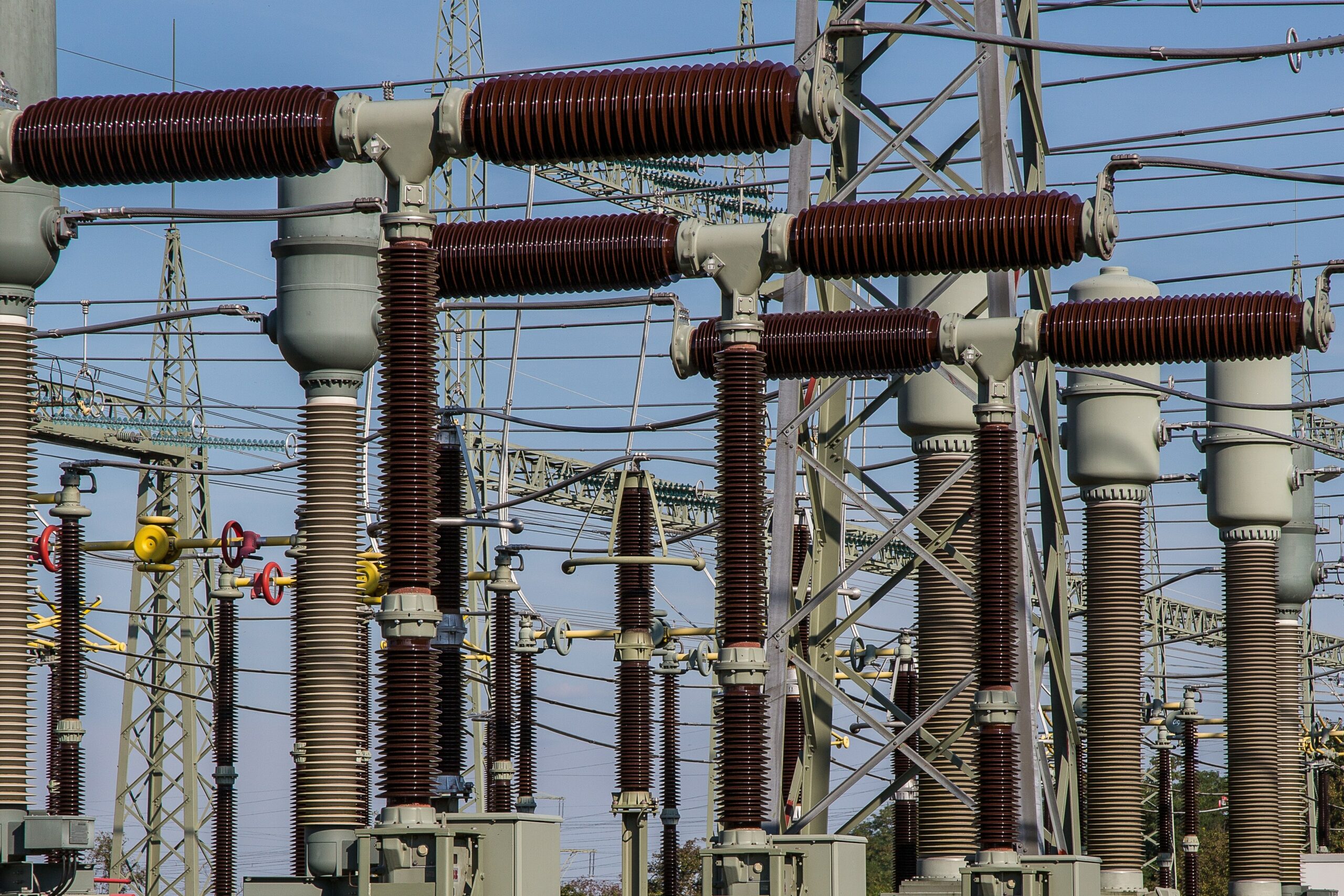Four years after SB 564’s passage, electric grid investments, reliability improved, rates stable across Missouri

In 2018, the Missouri General Assembly passed SB 564 which was designed to modernize the state’s electric grid with investments in infrastructure reliability as well as capitalize on the competitive economic development legislation passed the previous year.
Since the passage of SB 564, Ameren has invested hundreds of millions of dollars in electric grid modernization projects, some on reliability upgrades, but other projects more focused on efficiency upgrades that in many cases could ultimately offset the costs of the upgrades.
“The Capitol Investment Plan has been an important tool in attracting and retaining businesses in Missouri,” Lt. Gov. Mike Kehoe said. “In Central Missouri, these provisions helped ensure Quaker Windows expanded here, eschewing opportunities in bordering states. Extending this program will positively impact additional economic development and business expansion.”
In the past three years, Ameren has invested a total of $3.5 billion dollars in modernizing its electric grid.
However, the impact of the investment is not just on the grid. Over the past three years, the upgrades have contributed to thousands of jobs in the state.
A local, Jefferson City manufacturing company, Hitachi Energy (formerly ABB), sits just across the river from the state capitol. Mark Hemmann, key accounts manager for Hitachi, testified in support of the pending energy policy legislation that will expand and extend the benefits of the 2018 law. Hitachi Energy has seen tremendous growth in the past three years, which has led to major job creation. Per Hitachi’s filed testimony, implementation of this legislation is a catalyst for further growth in Missouri. It creates certainty that advances both short-term and long-term investment planning and fuels hiring. A modern grid enables businesses to grow, to expand, to support the local communities and essentially provide good paying jobs for people who live in these communities.
The argument against the bill at the time was that it would raise rates on consumers. Since the passage of the bill, rates have increased an average of less than 1 percent per year.
The bill proposed a five-year sunset which is set to expire soon.
Sen. Bill White and Rep. Michael O’Donnell have proposed SB 756 and HB 1734.
The House bill passed the chamber last week while the Senate bill was passed unanimously out of committee and is on the perfection calendar.
“I think we look back at the disaster in Texas last winter and wonder if the same sort of thing could happen here in Missouri. To that end, this bill strikes the right balance between allowing utilities to continue to invest in our grid but still protecting customers and allowing the Public Service Commission (PSC) the important and necessary oversight,” said O’Donnell.
“My favorite part of this bill often gets overlooked and that’s the economic development incentives offered through reduced utility rates that would encourage new companies to locate in the state and employ more Missourians by providing competitive electricity rates,” continued O’Donnell. “Bringing in these new customers would ultimately help reduce rates for all current customers. … It’s a win-win-win for so many Missourians.”
Groups that have typically been skeptical of utility legislation have been somewhat restrained in their opposition.
“While it is important that utilities have used the accounting measures under the 2018 law to make much-needed renewable generation to the grid,” said James Owen, the executive director of Renew Missouri.
“It takes so long to start planning for these projects, and with that sunset coming up, we have to renew this now in order to plan for the projects,” White said. “The PISA portion is the main piece of this, and we have to let the utilities know now so they can plan to actually use the legislation should it be extended.”
The legislation also included provisions to update the economic development rate legislation passed in 2017. Those provisions were used to bring a whole host of new businesses to Missouri, including the NUCOR plant in Sedalia. The new provisions would allow Missouri to remain competitive in the competition for new jobs and provide a streamlined way for startup businesses to come to Missouri.
However, some groups have urged caution going forward.
“Renew Missouri believes regulators play an important role in making sure those investments are wisely spent given the burden it places on utility customers,” Owen said. “While those investments are important, making those changes permanent could have long-term impacts on all-electric customers, and we hope lawmakers are mindful of how that will affect the public, especially in this time of economic uncertainty.”
The bill has made its way through the House and seems set to be hashed out in conference.
“I appreciate Ameren Missouri and the kind of business that they are — always watching out for their customers — doing what they can to supply the energy to make it safe and reliable,” said Rep. John Simmons. “And this expansion of WEG Transformers, in Washington, is a great example of the job creation and economic growth made possible by Ameren Missouri’s Smart Energy Plan. Ameren is fulfilling the duties that we envisioned when we created this plan in 2018. I am proud to support a renewal of the Smart Energy Plan legislation this year, and that’s why I voted yes to pass HB 1734 in the House on Monday. I am also very proud of WEG Transformers for the great product they produce and the many dedicated employees who are working hard every day to serve their customers, resulting in the growth of this company and the Washington community.”
HB 1734 passed the House 100-42 and is now in the Senate Commerce, Consumer Protection, Energy and the Environment Committee.
Miss Clipping Out Stories to Save for Later?
Click the Purchase Story button below to order a print of this story. We will print it for you on matte photo paper to keep forever.

